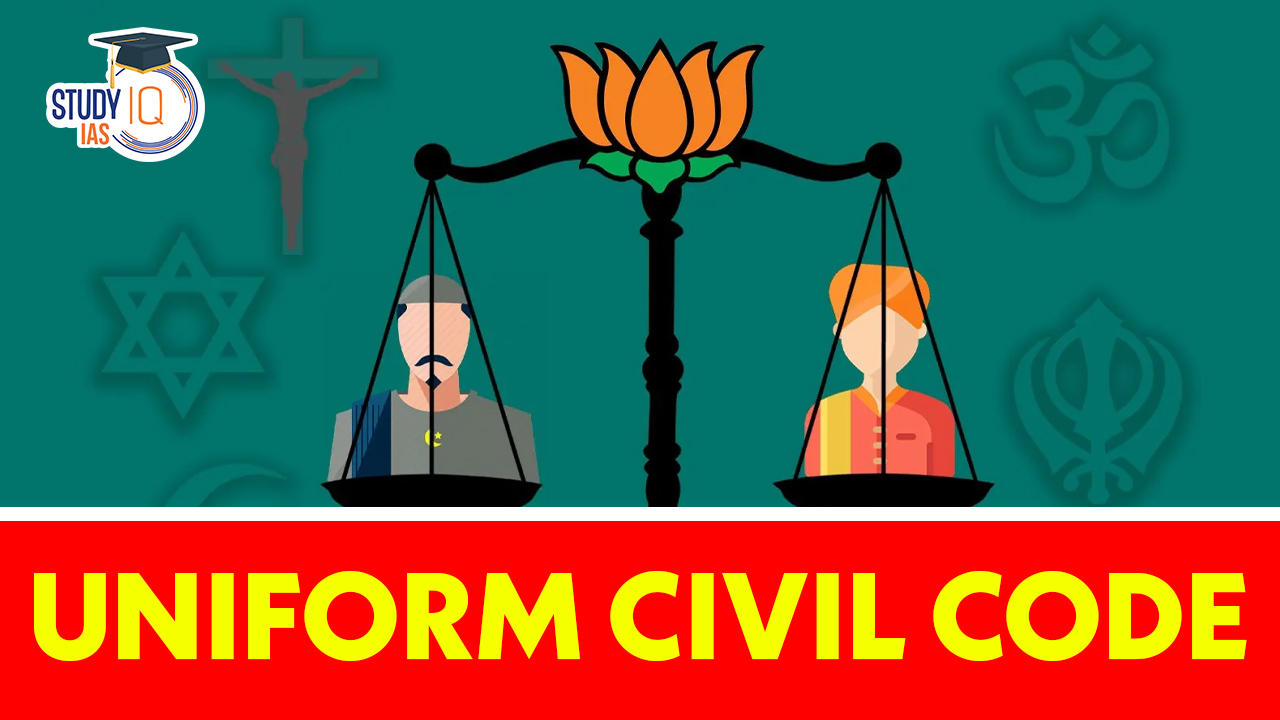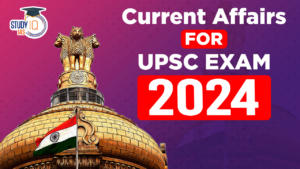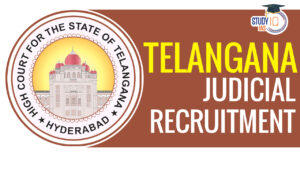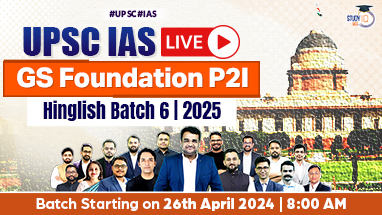Table of Contents
Context: The Law Commission has met the team of experts working on preparing a draft Uniform Civil Code for Uttarakhand.
What is Uniform Civil Code
- The term “uniform” refers to rules that apply equally to all residents regardless of their sexual orientation, gender, or affiliation with a particular religion.
- A Uniform Civil Code aims to provide one law for the entire country, applicable in their personal matters such as marriage, divorce, inheritance, adoption etc.
- Evolution of the idea of UCC:
- The idea of UCC can be traced back to colonial India when the British government submitted its report in 1835 stressing the need for uniformity in the codification of Indian law relating to crimes, evidence, and contracts.
- Increased number of legislations dealing with personal issues during the British rule forced the government to form the B N Rau Committee to codify Hindu law in 1941.
- The 1937 Act was reviewed, and the committee recommended a civil code of marriage and succession for Hindus, giving equal rights to women.
- After independence, the Uniform Civil Code (UCC) was included in the Directive Principles, not in the Fundamental Right which is enforceable by the Court of Law due to the following reasons:
- There was opposition from Muslim members in the Constituent Assembly (CA).
- Dr B.R. Ambedkar’s opinion was that a UCC is desirable but for the moment should remain voluntary.
- It can be implemented when the nation would be ready to accept it and the social acceptance to UCC is achieved.
- Article 44 of the constitution (DPSP) says that the “State shall endeavour to provide for its citizens a uniform civil code (UCC) throughout the territory of India.”

Need of Uniform Civil Code
- Ensuring equality: Currently, different communities are governed by different Personal laws like Hindu Marriage Act 1955. Personal Law system may thus violate the principle of equality of the Constitution.
- National integration: Separating religion from social relations and personal laws can be done through UCC, ensuring equality and harmony in the society.
- Gender Justice: UCC will promote gender justice by removing the inbuilt discriminatory provisions of personal laws.
- Freedom of Choice: A religion neutral personal law would encourage protection of couples in case of inter-caste and inter-religious marriages.
Supreme Court’s judgements on UCC
- Shah Bano Case : The practice Triple Talaq (talaq-e-bidat) was declared as unconstitutional by SC and made it a criminal offense stating that “A common civil code will help the cause of national integration by helping different loyalties to the conflicting ideologies”
- Daniel Latifi Case: The Muslim Women’s Act (MWA) was challenged on the grounds that it infringed on Articles 14 and 15 of the Constitution, as well as Article 21 of the Constitution. The apex court ruled that a divorced Muslim woman is entitled to maintenance for the rest of her life or until she remarries.
- Sarla Mudgal Vs Union of India: Hindu marriage solemnized under Hindu law can only be dissolved on specified grounds under the Hindu Marriage Act 1955. A second marriage solemnized after converting to Islam would amount to offense offense under section 494 of the Indian Penal Code (IPC).
- John Vallamattom case: The Supreme Court held “It is regrettable that Article 44 of the Constitution has not entered into force. A common civil code will help the cause of national integration by removing contradictions based on ideologies.”
- Jordan Diengdeh case: The remarks on the UCC came on a petition questioning the applicability of The Hindu Marriage Act, 1955 in respect of a couple belonging to the Meena community.
Challenges and issues related to UCC
- Existence of legal pluralism in civil laws: Indian laws do follow a uniform code in most civil matters. Diversity can be found even under these secular civil laws.
- Contradictory provisions in Constitution: Articles 371 (A) to (I) and the sixth schedule of the constitution of India provides certain exceptions to the states of Assam, Nagaland, Mizoram, Andhra Pradesh and Goa with respect to family law.
- Plurality and diversity: It has been argued that UCC threatens a pluralistic society like India, where people have confidence in their respective religious beliefs or doctrines that have been presented by different religions.
- Issue of Drafting the UCC: There is no guideline whether UCC must blend all the existing personal laws or develop new and common law adhering to the constitutional mandate.
- Concerns of Minorities: Most minorities feel a sense of insecurity, loss of identity and marginalization as they believe UCC to be a majoritarian initiative.
Way Forward
- Centre would examine the report of the 21st Law Commission which undertook detailed research on the Uniform Civil Code.
- An important step would be to constitute a Muslim Law Reforms Committee, Tribal and Indigenous Law Reform Committee, Christian & Parsi Law Reforms Committees. Based on their recommendations, government could take the reforms process
- Making UCC voluntary: If a person is free to choose whether they want to be governed by personal law, or by a non-religious civil code, there is no reason why UCC and personal laws cannot co-exist.


 Current Affairs 25th April 2024 for UPSC...
Current Affairs 25th April 2024 for UPSC...
 Editorial of the day (25th Apr): UK's Rw...
Editorial of the day (25th Apr): UK's Rw...
 Telangana Judicial Recruitment Notificat...
Telangana Judicial Recruitment Notificat...

















